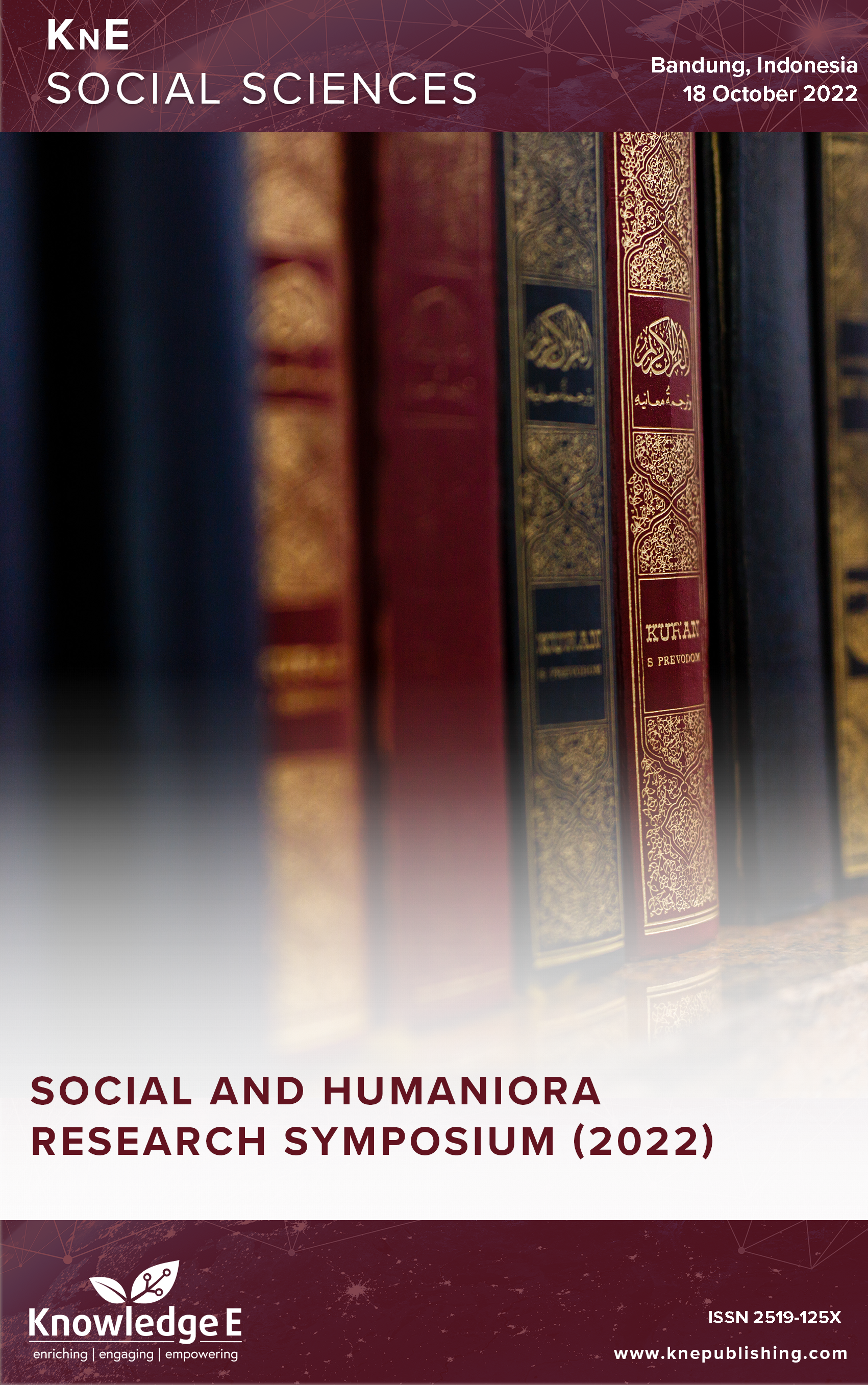Empowerment of Micro Entrepreneurs Providing Halal Canteens Through Training and Assistance
DOI:
https://doi.org/10.18502/kss.v8i18.14336Abstract
There has been government regulation regarding the obligation of product halal certification for all business groups, including microenterprises that sell canteen food. The existence of a halal certificate other than as an obligation is expected to increase consumer confidence in the certainty of product halalness and support the selling power of entrepreneurs. Some canteen food entrepreneurs have received socialization regarding the application of mandatory halal certification for their products, but there is no strong intention to obtain halal certification for their products. This study aims to empower micro-enterprises in increasing independence and awareness of halal products and overseeing the implementation of the halal product guarantee system. It is necessary to carry out empowerment activities through training and assistance to entrepreneurs to obtain halal certificates, such as advanced training in halal food knowledge; assistance in building a halal product guarantee system; filling out registration documents for halal certification requirements. The results of training and assistance for halal certification show an increased understanding of halal certification procedures and an increased readiness to implement a halal product assurance system, and 96.2% of canteen food micro-entrepreneurs stated that they would register their products to get halal certificates.
Keywords: halal certification, micro-enterprises empowerment, training, assistance
References
[2] Sofiana R, Utama S, Rohim A. “The problems of halal certification regarding consumer protection in Malaysia and Indonesia.” J Hum Rights Cult Leg Syst. 2021;1(3):180–193.
[3] Tavana D. “What are the benefits of having halal certification? Here are some of the benefits of a halal certificate for producers and consumers.” 2022. https://goukm.id/benefits-certification-halal/ (accessed Jul. 08, 2022).
[4] JDIH BPK RI. Law of the Republic of Indonesia Number 20 of 2008 concerning Micro, Small, and Medium Enterprises. INDONESIA: JDIH BPK RI, 2008.
[5] Rochjadi Hafiluddin M, Saleh C. “Strategi Pemberdayaan Usaha Mikro Kecil dan Menengah (UMKM) Berbasis ‘Community Based Economic Development’ (Studi pada pelaku UMKM di Kecamatan Sukodono Kabupaten Sidoarjo).” Wacana. 2014;17(2):68–77. [Online]. Available: https://wacana.ub.ac.id/index.php/wacana/article/view/305
[6] SM, Jadav HBDSJ, Durgga Rani V. “Women empowerment through training in dairy farming”. Asian J Dairy Food Res. 2014;33(2):147–53.
[7] SAMOSIR AB. “EFEKTIVITAS PENDAMPINGAN PROGRAM KELUARGA HARAPAN (PKH) DALAM PEMBERDAYAAN MASYARAKAT MISKIN DI DESA TANJUNG BERINGIN, KECAMATAN SUMBUL, KABUPATEN DAIRI,” Universitas Sumatera Utara, 2019.
[8] Sucipto NH, Hidayati L, Perdani CG, Hasanah N. Sucipto1*, Luki Hidayati2, Claudia Gadizza Perdani3, “Traceability of Halal Control Point in Material, Production, and Serving to Support Halal Certification in Universitas Brawijaya Canteen,”. Indones. J. Halal Res. 2021;3(2):75–86.
[9] Frendika R, Assyofa AR, Suwarsi S. “The Influence of Self Efficacy and Self Confidence on Gender Equality in Manufacturing Companies - West Java Province,” Proc. 4th Soc. Humanit. Res. Symp. (SoRes 2021), vol. 658, no. SoRes 2021, pp. 238–242, 2022,
[10] Oemar H, Prasetyaningsih E, Bakar SZ, Djamaludin D, Septiani A. Awareness and intention to register halal certification of micro and small-scale food enterprises. F1000 Res. 2022;11:170.
[11] Oemar H, Achiraeniwati E, Rukmana AN. A, “Halal awareness, halal certification issues, and challenges for micro business in Bandung,” Islam. Media Educ Digit. Age-Racmiatie al. (Eds)., 2022.

